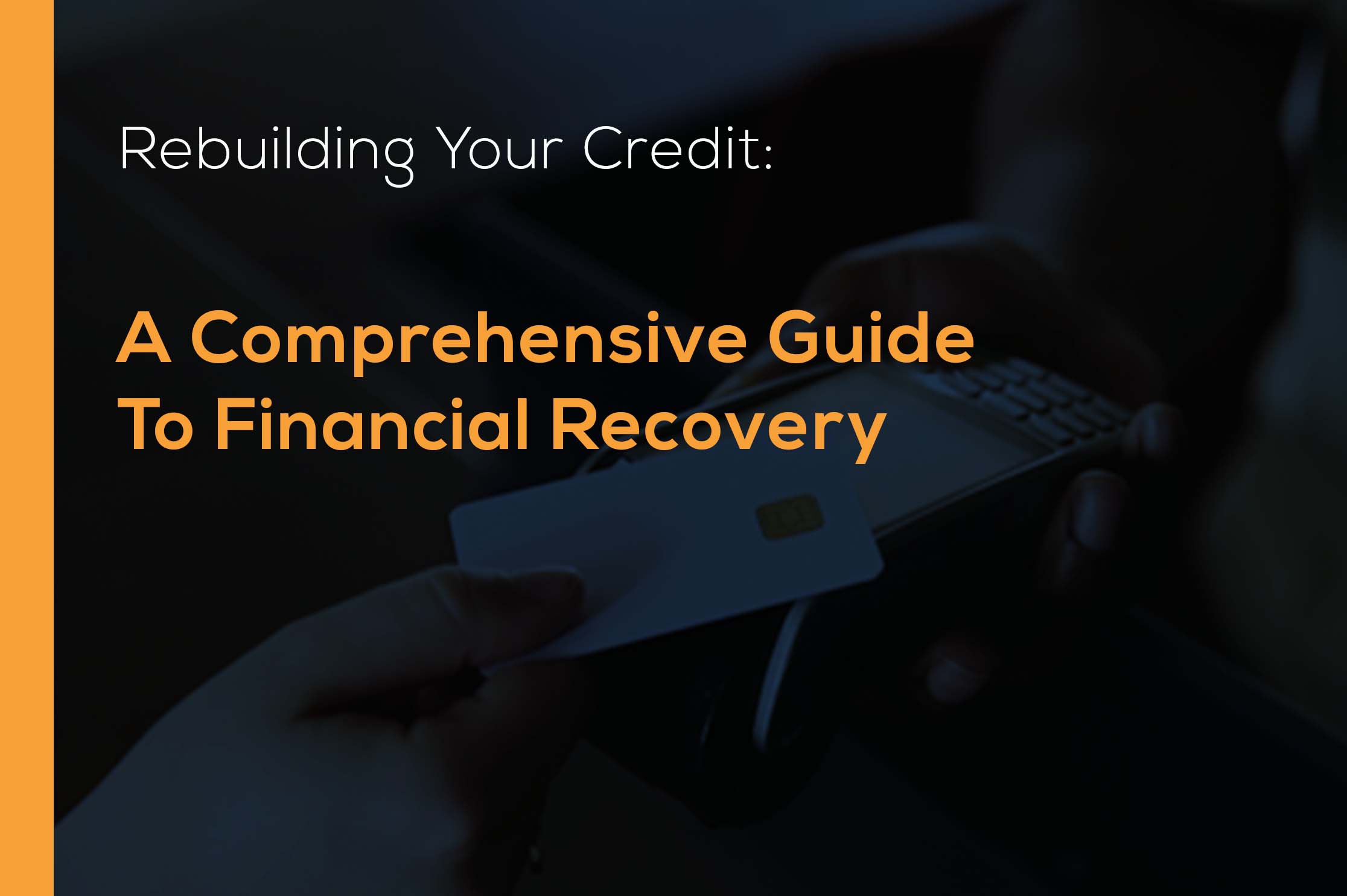Rebuilding credit after setbacks demands a strategic and disciplined approach. Whether you’ve faced financial challenges or are recovering from past mistakes, this comprehensive guide outlines actionable steps to help you regain control and rebuild your credit.
Check Your Credit Report: Uncover the Details
Obtain copies of your credit reports from all three major credit bureaus—Equifax, Experian, and TransUnion. Scrutinize these reports for errors, discrepancies, or fraudulent activity that may be contributing to your credit issues.
Having accurate credit reports is crucial for understanding your current credit situation. Any inaccuracies can have a negative impact on your creditworthiness, so it’s important to identify and address them.
Address Negative Items: Dispute and Rectify
If you identify inaccuracies or negative items on your credit report, dispute them with the credit bureaus. Support your case with documentation to strengthen your position and ensure an accurate representation of your credit history.
Most credit bureaus provide an online dispute process that allows you to submit your disputes electronically. Keep records of your correspondences and follow up to ensure the issues are resolved.
Create a Budget: A Financial Roadmap
Establish a realistic budget to manage your finances effectively. Prioritize essential bills, allocate funds for debt repayment, and focus on building a strong financial foundation.
Creating a budget helps you understand your income, expenses, and debt obligations. It allows you to allocate your resources wisely, ensuring you have enough money to cover your needs and make progress towards rebuilding your credit.
Prioritize Payments: Tackle High-Interest Debts First
Prioritize paying off high-interest debts first. Address accounts in collections or those with the highest interest rates to minimize the overall cost of debt and expedite your credit recovery.
By focusing on high-interest debts, you can reduce the amount of interest you’re paying and make faster progress in paying off your debts. This will also demonstrate responsible financial management to potential lenders.
Negotiate with Creditors: Open Communication
Reach out to your creditors to discuss repayment options. Many creditors are willing to negotiate settlements, set up payment plans, or explore alternative arrangements that can ease the burden of debt.
Open communication with your creditors is key to finding mutually beneficial solutions. Exploring your options can potentially lead to lower interest rates, reduced monthly payments, or a revised payment schedule that better fits your financial situation.
Establish Emergency Savings: Financial Safety Net
Build an emergency fund to cover unexpected expenses. Having savings acts as a safety net, reducing the reliance on credit for unforeseen financial challenges.
Having emergency savings helps prevent future setbacks in your credit journey. It provides a cushion to handle unexpected expenses without resorting to credit cards or loans.
Secured Credit Card: Rebuilding with Responsible Use
Apply for a secured credit card. With a required deposit, your credit limit is established. Use the card responsibly by making small purchases and paying the balance in full each month to demonstrate positive credit behavior.
A secured credit card allows you to rebuild your credit by showing responsible use. By making timely payments and keeping your credit utilization low, you can gradually improve your creditworthiness.
Credit-Builder Loan: Structured Credit Improvement
Consider a credit-builder loan from select financial institutions. Payments are made into a savings account, and once the loan is repaid, you receive the funds while building positive credit history.
A credit-builder loan provides an opportunity to demonstrate your ability to repay debt responsibly. As you make regular payments, you’ll start building a positive credit history that can improve your credit score.
Authorized User or Co-Signer: Leverage Positive Credit History
Ask a family member or friend with good credit if you can become an authorized user on their credit card or if they can co-sign a loan for you. This allows you to benefit from their positive credit history.
Becoming an authorized user or having a co-signer can help boost your credit. Their positive credit history will be reflected on your credit report, potentially improving your credit score and increasing your chances of getting approved for credit.
Seek Professional Help: Credit Counseling Assistance
If your credit situation is complex, consider seeking assistance from a credit counseling agency. A reputable credit counselor can provide guidance on managing debt and help create a plan for rebuilding credit.
Credit counseling agencies can provide valuable advice and assistance tailored to your specific financial situation. They can help you develop a personalized plan to tackle your debts, budget effectively, and rebuild your credit.
Be Patient and Persistent: Consistency is Key
Rebuilding credit is a gradual process. Be patient and stay committed to your plan. Consistent, positive financial habits will gradually improve your credit score over time.
It’s important to understand that rebuilding credit takes time. It requires consistent efforts and responsible financial behavior. As you make progress, your credit score will gradually improve.
Educate Yourself: Empower with Knowledge
Increase your financial literacy. Understand how credit works, learn about responsible financial management, and make informed decisions to avoid future credit challenges.
Taking the time to educate yourself about credit management can empower you to make better financial decisions. Resources such as books, online courses, and workshops can provide valuable insights into building and maintaining healthy credit.
Monitor Your Credit Regularly: Stay Informed
Keep a close eye on your credit reports. Regular monitoring allows you to track your progress, identify improvements, and address any new issues promptly.
Monitoring your credit regularly helps you stay informed about any changes or new information on your credit report. It allows you to spot potential errors or fraudulent activity and take immediate action to resolve them.
Remember, rebuilding credit is a journey that requires commitment and discipline. By implementing these strategies and making positive changes to your financial habits, you can gradually restore your creditworthiness and pave the way for a healthier financial future. Stay focused, be patient, and remember that financial recovery is within your reach.

